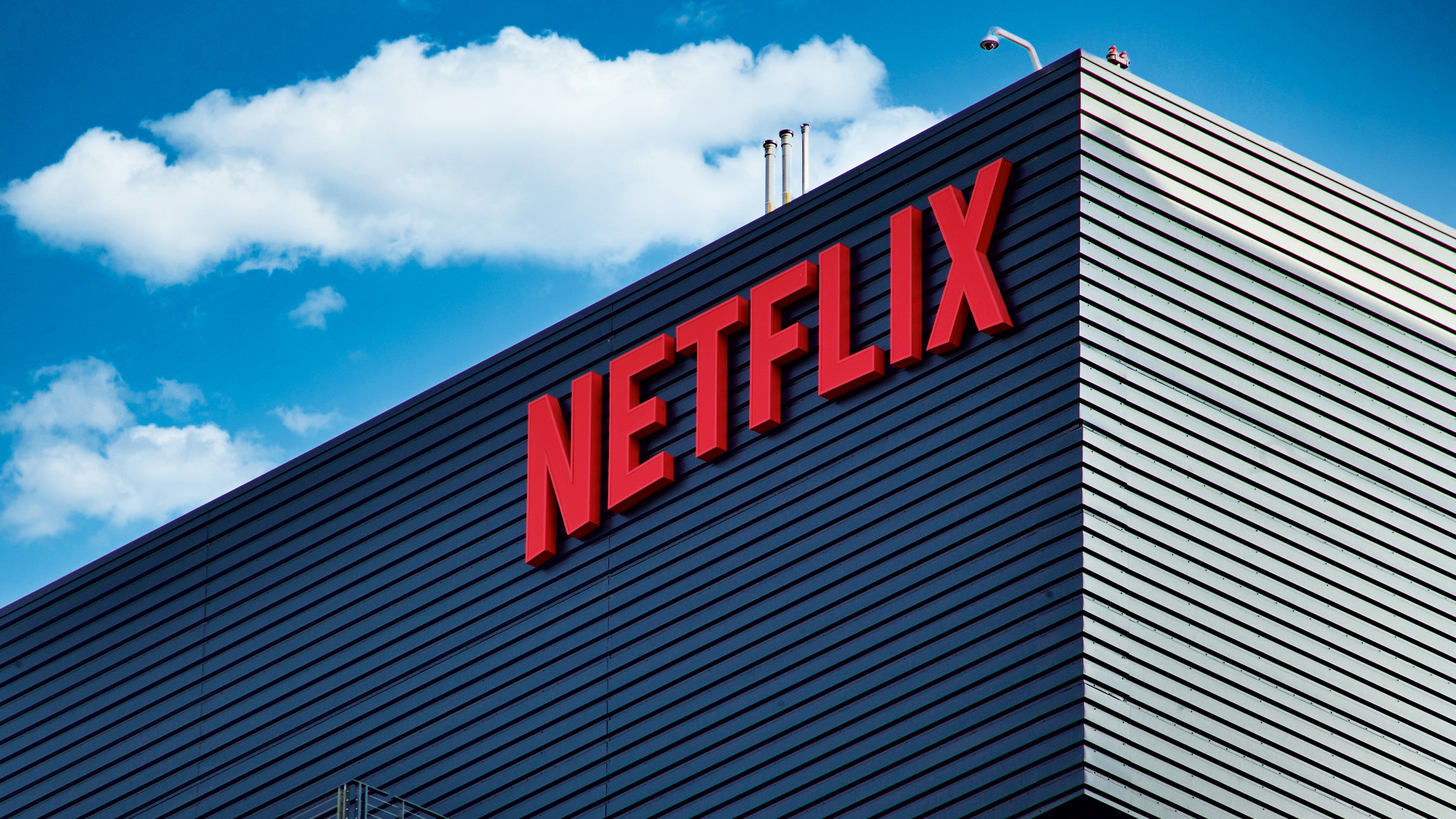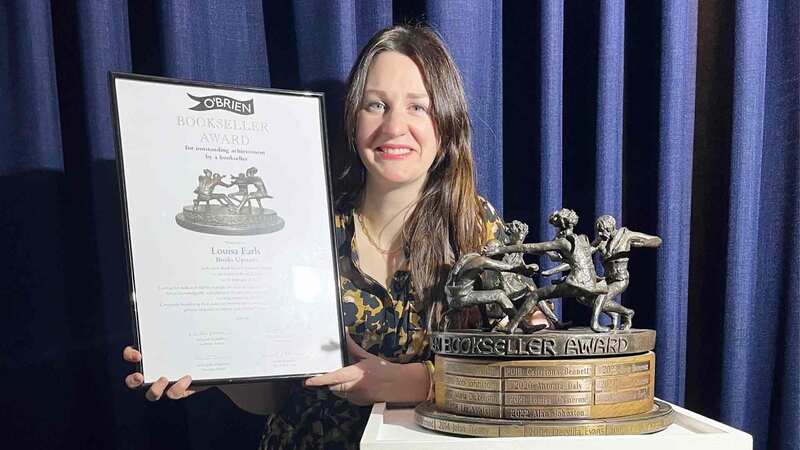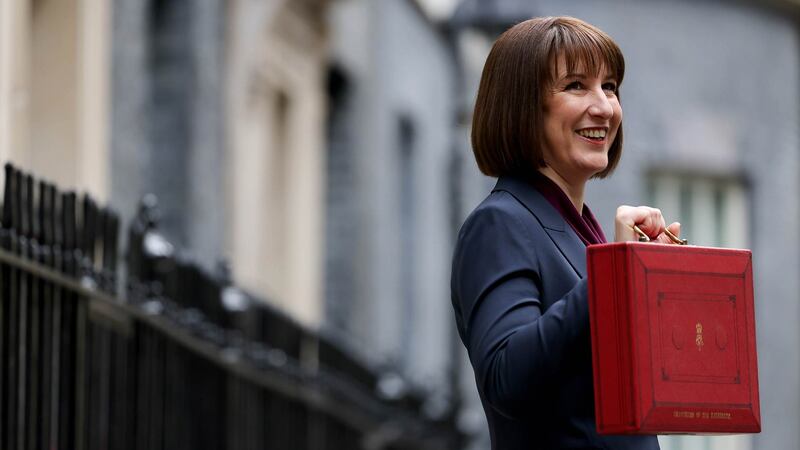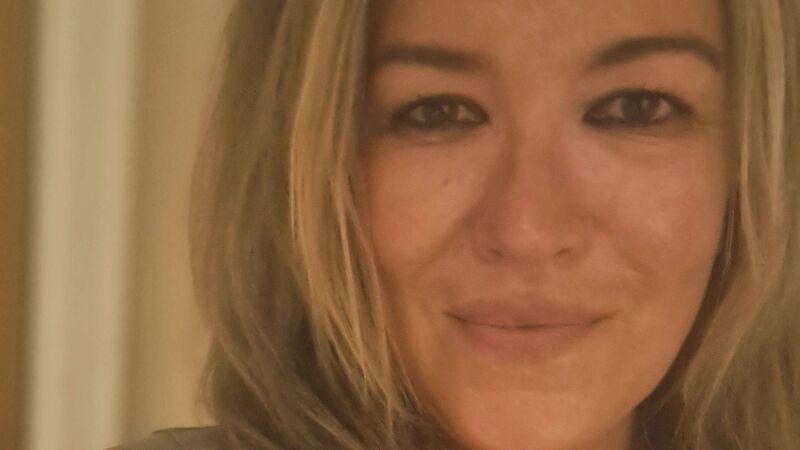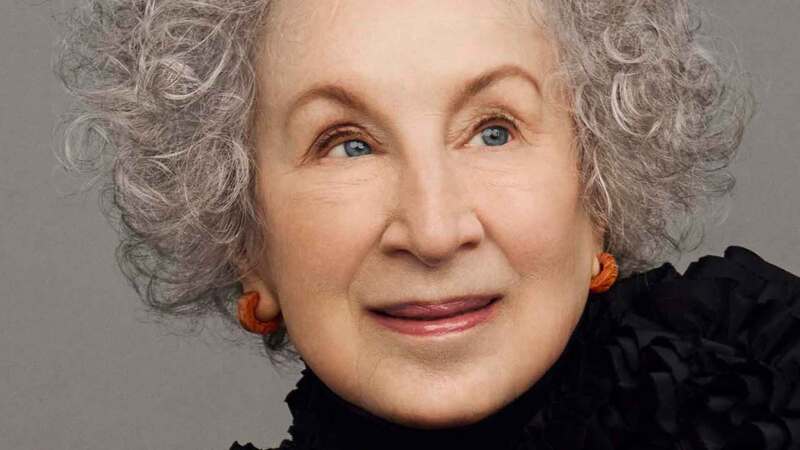You are viewing your 1 free article this month. Login to read more articles.
Stream gauge
The streaming wars are over, but what does this mean for writers hoping to sell their work?
One of the most common questions I get asked as an author is: when is Netflix going to turn your book into a Hollywood film? But I don’t have the heart to tell my readers that it has never been an easy process to get to that point, and that the end of the streaming wars may have made it even harder.
The streaming wars began in 2019 when Disney launched its streaming service, Disney+, to rival Netflix’s dominance in this market. Five years later it is hard to believe that they have come to an end when Netflix’s $20m-per-episode science-fiction epic "3 Body Problem" - its most expensive scripted series ever, based on the novel by Cixin Liu – was launched on 21st March, outspending both Apple TV’s lavish "Masters of the Air" and Disney+’s glossy "Shōgun".
But end the wars have, in a post-lockdown world of falling subscribers, staggering debt, cuts, strikes, recriminations… and Netflix’s victory. In 2023 alone, the Hollywood studios lost more than $5bn in their attempts to compete with Netflix. Disney has pledged to cut $5.5bn in costs, including $3bn in non-sports content this year, and raise revenue by once again licensing more content to arch-rivals Netflix. Its c.e.o. Bob Iger pointedly stated that “a lot of decisions were made to prop up the company’s flagship streaming service, Disney+, and beckon more customers”.
The bad news for authors is that expensive scripted shows, often adapted from books, are among the first to be cut. In the US, releases have dropped from 633 in 2021–22 to 481 a year later, with Netflix cutting its releases from 107 to 68 titles, Peacock by 20, Hulu by 11, HBO Max by nine, and Paramount by four – and the future doesn’t look any better. According to The Hollywood Reporter, “Only Amazon has kept up the number of series it ordered in 2023, suggesting 2024 will see a decline in US shows across nearly every major streamer.”
The Financial Times sums it up: “For much of the past four years, the entertainment industry spent money like drunken sailors to fight the first salvos of the streaming wars. Now, we are finally starting to feel the hangover and the weight of the unpaid bar bill.” Unfortunately, the bar bill will be paid by all the actors, production staff, technical teams and marketing professionals who lose their jobs.
Might authors who want their books to be made into a film be another – if minor – casualty of the end of the streaming wars? I decided to ask a couple of Hollywood insiders to find out.
Stephen Robert Morse is the producer of the Emmy-nominated documentaries "Amanda Knox" (Netflix) and "In the Cold Dark Night" (ABC/Hulu/Sky). His latest is out on Netflix in June.
“The streaming wars are over, and everyone feels decimated,” Morse tells me over a coffee at the heaving Groucho Club (no sign of the end of the streaming wars here). “You can’t talk to a reputable producer in this business who won’t have had a network drop one of their projects in the past year.” Morse thinks that now, producers like him “aren’t going to take 10 books any more, and then pitch five of them. They’re going to take three books and pitch three.”
Books are one part – albeit the most important part – of the expensive package of “sales materials” he needs to pitch to a studio, involving money that must be spent without guarantee of success. “So, we can’t waste time and resources on projects unless we are 100% sure that this project has a fighting chance. Otherwise, we’re simply burning money.”
The bad news for authors is that expensive scripted shows, often adapted from books, are among the first to be cut. In the US, releases have dropped from 633 in 2021-22 to 481 a year later
There are tales of production companies not optioning non-fiction books because the story was in the public domain. I ask him, is there any truth in that?
“For writers, there was a time when people were trying to just acquire as much IP as possible,” he says. “But I think those days are a little over now, with producers more comfortable using stories in the public domain." It is more about “good projects with good ideas and good people”.
My phone rings at 3.30pm – 7.30am in LA – and I have a seven-minute window to talk to a Hollywood studio executive on condition that he is not named. What he tells me is good news for the future of book adaptations, kind of.
“Whatever you want to call it, the reduction in the volume of shows means it’s going to be harder to get things made, and that means fewer opportunities,” he says. “But what this creates is more of a dependence or interest in book adaptations among the studios. “When you step back and look at what has worked over the past five years it has been book adaptations. TV shows and films based on books have a higher hit rate, just in terms of their quality, because a book gives the studios a general framework for a story, the world it is in, the details, the themes, and the characters.”
He makes the point that HBO is supposed to be the standard bearer for original drama, but many of its recent hits have been based on books, as are all the shows I mention at the start of this piece. “Books are also important when it comes to marketing the final product. It is such a crowded marketplace, shows can simply disappear when they are launched, and marketing dollars are being cut across the board, so the question is how do you build anticipation for your show? Having a built-in audience really helps with that.”
It isn’t just the bestsellers that studios want, either. There are few books that can deliver millions of viewers. “So you are also looking for smaller books that have created a good world and can be a great starting point.”
While there are some positive signs, the fallout from the end of the streaming wars – or at least, the first phase of it – looks set to continue for those who work in the industry, as streaming remains a business with very low revenue per head. YouTube now has the attention of every age group, and the streaming platforms face disruption with the return and rebranding of – profitable – free ad-supported linear or cable television (FAST).
What can authors do to increase the chances that their book is made into a film in this increasingly uncertain environment? “I would just say think commercially minded, and think, what do audiences want to read or learn about rather than what interests you,” says Morse. “Look up a musician on Spotify and write about the one who had 10 million listeners this month and not 600,000 because this is what we do when deciding what to pitch.”
“What I would say to a lot of writers is that a lot of production companies are looking for something to hook into,” says the studio executive, “and so I would be forming relationships with production companies that you can trust to put your book in front of the right people.”






